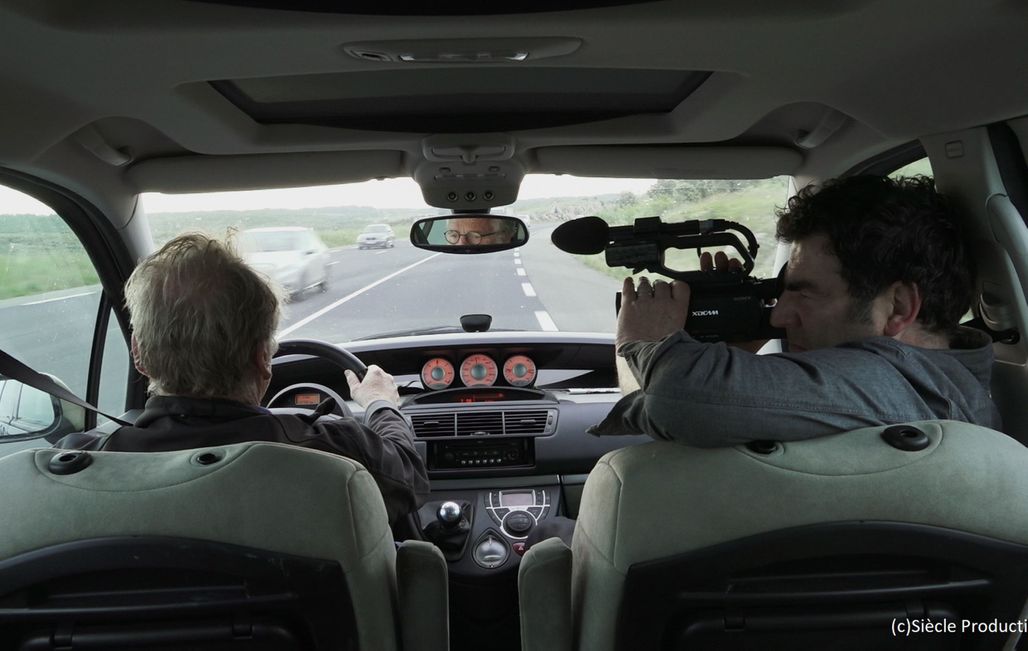
La Traversée (On the Road in France): interview with Romain Goupil

Fifty years on from May '68, the Frenchmen Romain Goupil and Dany Cohn-Bendit set off to explore France and meet a kaleidoscope of its residents in La Traversée. Filmed in the style of a road trip, this documentary is presented as a Special Screening.
What was the process involved in making this documentary?
It all began in 2017, during long conversations with Dany Cohn-Bendit and Georges-Marc Benhamou – the producer of La Traversée (On the Road in France) – on what constituted France in our eyes: factories, farms, the public sector, hospitals, work, unemployment, a varied landscape. After these discussions, we decided to take two light-weight cameras and between February and October we travelled 15,000 kilometres on a journey of observation, listening and discovery.
What are your memories of filming La Traversée (On the Road in France)?
I remember long walks and impromptu encounters. During filming, we remained alert at all times, and paid careful attention to those around us.
After criss-crossing France, what were your thoughts? Does anything remain of May '68 in today's society?
We discovered an hospitable and welcoming France. A country that is able to look for answers to the various challenges that arise. May '68 is part of the country's fabric, it was a revolt that made France what it is today.
Emmanuel Macron also features in your documentary. Can you tell us a bit more about this scene?
We thought that if we were to follow the logic behind this film, in other words travelling through France to meet personalities, then it would be amusing to talk to the young and newly elected President. He agreed to take part right away. We filmed him the same way as all the other participants. And so the President became one of the film's encounters.
It makes me proud to think of all that the Festival has achieved since May ’68.
What kind of youngster were you in 1968? What were your demands?
At Lycée (high school), in May '68, I was one of the Comité d’Action Lycéen (Lycée Action Committee) leaders which, along with the Movement of 22 March and Dany Cohn-Bendit, spearheaded this massive revolt and the world's largest workers' strike, involving 10 million strikers over a one month period. We were demanding an end to the paternalistic society that dated back to the 19th century.
May '68 at Cannes saw the Festival interrupted. The protest began when François Truffaut and Jean-Luc Godard, and others, called for solidarity with the workers' and students' movement. What did this message mean to you?
It makes me proud to think of everything the Festival has achieved since May '68. Proud to learn that Mourir à 30 ans, a film tribute to my friend Michel Recanati, won the Caméra d’or in 1982. Proud to when the Festival showed solidarity with students or to hear that our film La Traversée (On the Road in France) has been selected and screened. The Festival has been making me proud for 50 years.
What was the social challenge for cinema during this period?
We thought that cinema should enlighten the masses to prepare them to seize power. It was a huge mistake…


